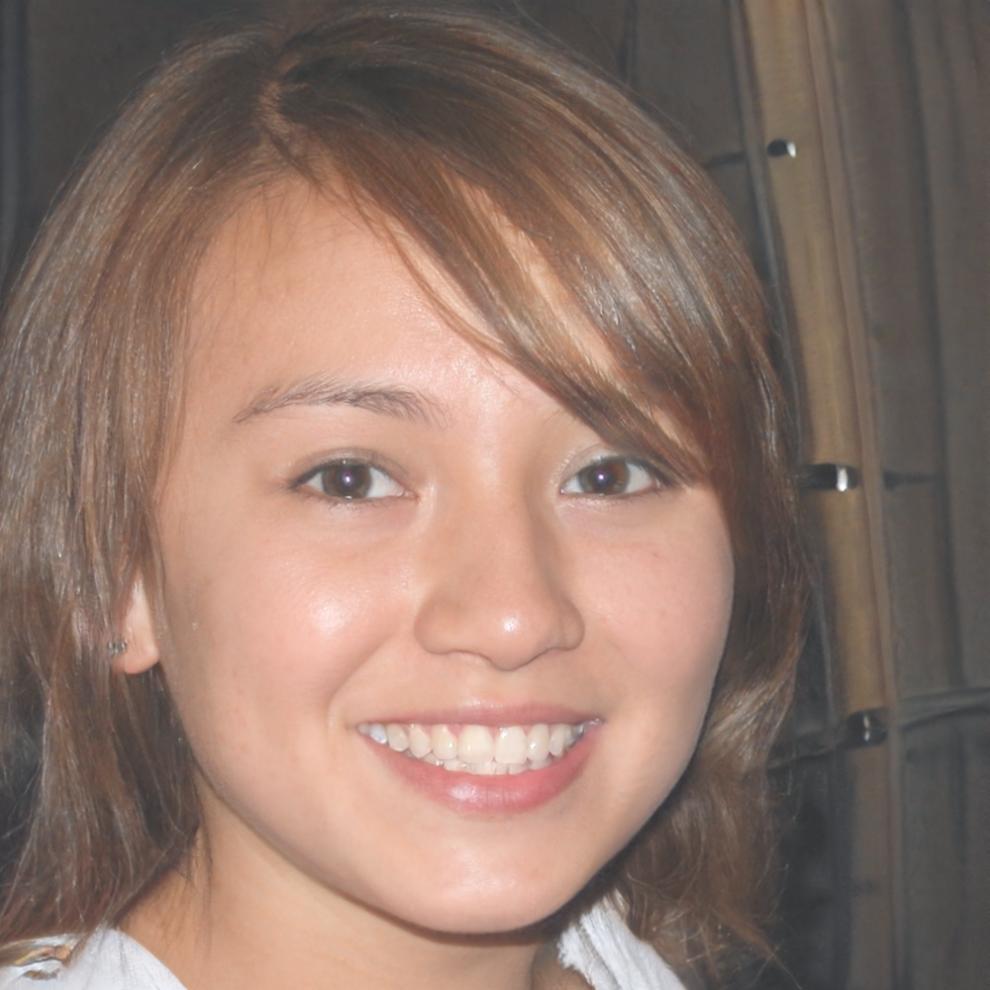Financial Analysis That Actually Makes Sense
Most business owners look at their numbers and feel overwhelmed. We teach you how to read the story your finances are telling you, and more importantly, what to do about it. Starting September 2025.
View Program Details
How We Build Your Financial Confidence
Learning financial analysis isn't about memorizing formulas. It's about understanding patterns and developing judgment. We break it down into three distinct phases.
Reading Your Numbers
You'll start with your own business data. We teach you to spot trends, identify warning signs, and understand what healthy cash flow actually looks like in practice.
Making Comparisons
Numbers mean nothing in isolation. We show you how to benchmark against industry standards, track your progress over time, and recognize when something needs attention.
Planning Forward
This is where it gets practical. Build realistic forecasts, model different scenarios, and make decisions backed by data rather than guesswork.

Real Business Context, Not Theory
We've worked with Adelaide businesses for over a decade. That experience shapes everything we teach. You won't get academic theory disconnected from reality.
Every example comes from actual client situations. The challenges you face running a business are the same ones we address in the program.
- Monthly workshops with case studies from local businesses
- Direct access to instructors who've been in your position
- Focus on Australian regulatory and tax considerations
- Small cohorts allowing personalized feedback on your work
What Makes Financial Analysis Different
Look, anyone can teach you ratios and formulas. That's not the hard part. The challenge is knowing which numbers matter for your specific situation and when to act on them.
Context Over Calculation
A retail business in Rundle Mall has completely different financial rhythms than a manufacturing operation in the northern suburbs. Same principles, different application.
We spend time understanding your industry's specific patterns. Seasonal variations, typical payment terms, normal margin ranges. This context makes the numbers meaningful instead of just being numbers on a page.
The program runs from September 2025 through March 2026, giving you time to apply concepts across different business cycles and see how your analysis skills develop with practice.
Who's Teaching This Program
We're not academics. We've both spent years working directly with business owners, helping them make sense of their finances when things got complicated.

Miranda Chen
Lead InstructorSpent twelve years doing financial analysis for mid-sized manufacturers before switching to teaching. Miranda focuses on practical forecasting and helping businesses plan for growth without overextending.

Trevor Galloway
Senior InstructorFormer CFO who worked with retail and hospitality businesses throughout Adelaide. Trevor specializes in cash flow management and teaching owners how to spot financial problems before they become crises.
Program Timeline and Structure
The program runs for six months starting September 2025. Each phase builds on the previous one, so you develop skills progressively rather than trying to learn everything at once.
Foundation Period
Understanding financial statements, learning to identify key metrics for your industry, and starting to track meaningful patterns in your own business data.
Analysis Development
Building comparison frameworks, learning benchmarking techniques, and developing your ability to spot trends and anomalies that require attention.
Applied Practice
Creating forecasts, modeling scenarios, and using your analysis skills to inform actual business decisions with guidance from instructors.
Ready To Understand Your Numbers?
The autumn 2025 cohort opens for enrollment in July. Spaces are limited to maintain the small group format that makes the program effective.